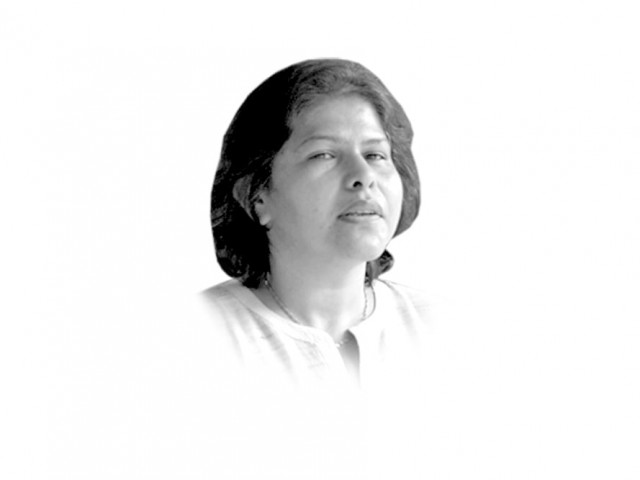
This particular scenario building does not seem to take cognizance of the rapid social changes that Pakistan faces today, mainly due to the prominence of the militant and right-wing narrative. The fact is that Mumtaz Qadri’s act is not a coincidence nor is the behaviour of the lawyers offering to defend him odd. One should also consider the behaviour of the Punjab police as normal — it reportedly created security hazards for the Islamabad police as it came to drop Qadri in Adiala jail. Apparently, the jail superintendent physically attacked the officer who had come to drop off Qadri. The Punjab police has grown vehemently anti-US and inclined towards the religious right. The main issue is not that they dislike the US, but that they have grown in the fear of militants which operate amongst them with impunity. The Punjab government’s secret deal with Lashkar-e-Jhangvi, which resulted in the release of the outfit’s leader Malik Ishaq, is a case in point. Recently, Punjab Law Minister Rana Sanaullah defended Qari Saifullah Akhtar of the Harkatul Jihad al Islami, saying that he was not a terrorist. Similarly, the government has completely overlooked the rapid expansion of the second big madrassa-cum-ideological conversion facility being built by the Jaish-e-Mohammad in Bahawalpur. The fact that it is on the main road, connecting Lahore and Karachi, does not impress the provincial government either.
Naturally, these are friendly forces, which we claim are not attacking Pakistan. However, we have no guarantee that people joining these outfits will not become hostile to the state, or that forces will easily give up power once foreign forces leave the region. If we consider two possible scenarios around the withdrawal of foreign troops from Afghanistan, we may see that peace and stability may just not be on the cards for the future. The first scenario is that of foreign forces leaving without any major adjustment and replaced by regional states with competing interests. This could mean more conflict, not less. Another possibility is that foreign forces leave after installing a Taliban-dominated government in Kabul which will be friendlier towards Pakistan. The question is: in this perfect scenario, will the Pakistani state have the intent and the capacity to dismantle the friendly militants?
Given the state’s eroding capacity to deliver to the general public, any form of militancy is a rising fad. Moreover, such militancy is likely to find safe ideological havens within state institutions. Already, we have a system where the police are unable to furnish evidence by which some of the known militant-terrorists could be convicted. The judiciary, on the other hand, is either too scared or inclined to the right to convict the killers (Mumtaz Qadri’s case, in fact, will be a major test of whether the judiciary has enough courage to bring the killer to justice, especially when the bulk of the legal community seems supportive of Qadri).
Courtesy the war on terror, our ambivalence towards fighting the war, and our support to ideologically driven non-state actors, has affected our attitudes and encouraged latent-radicalism in the society, across the socio-economic and political spectrum. Latent radicalism can be described as the tendency to be exclusive instead of inclusive, vis-à-vis other communities on the basis of religious beliefs. Such an attitude forces people to develop bias against an individual, a community, a sub-group or a nation on the basis of faith. In its extreme form, it can take people towards violence as well. Such an attitude is akin to European fascism which was internally destructive.
Another possible development is the tighter embrace between religion and politics, and the disconnect between ideological and electoral politics becoming sharper. Traditional western-liberalism is on its way out, which may not be that bad, but admission of facts is necessary for any intelligent intervention in the future design of the state and society.
Published in The Express Tribune, January 16th, 2011.


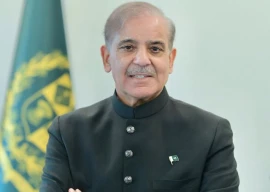

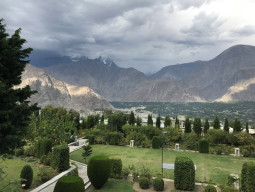
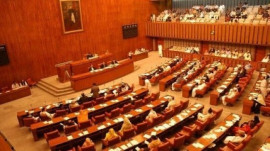

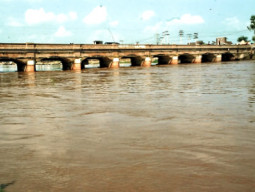


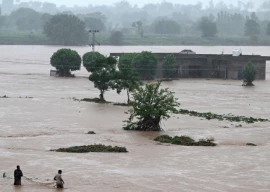
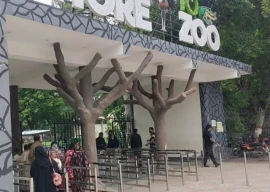






COMMENTS
Comments are moderated and generally will be posted if they are on-topic and not abusive.
For more information, please see our Comments FAQ